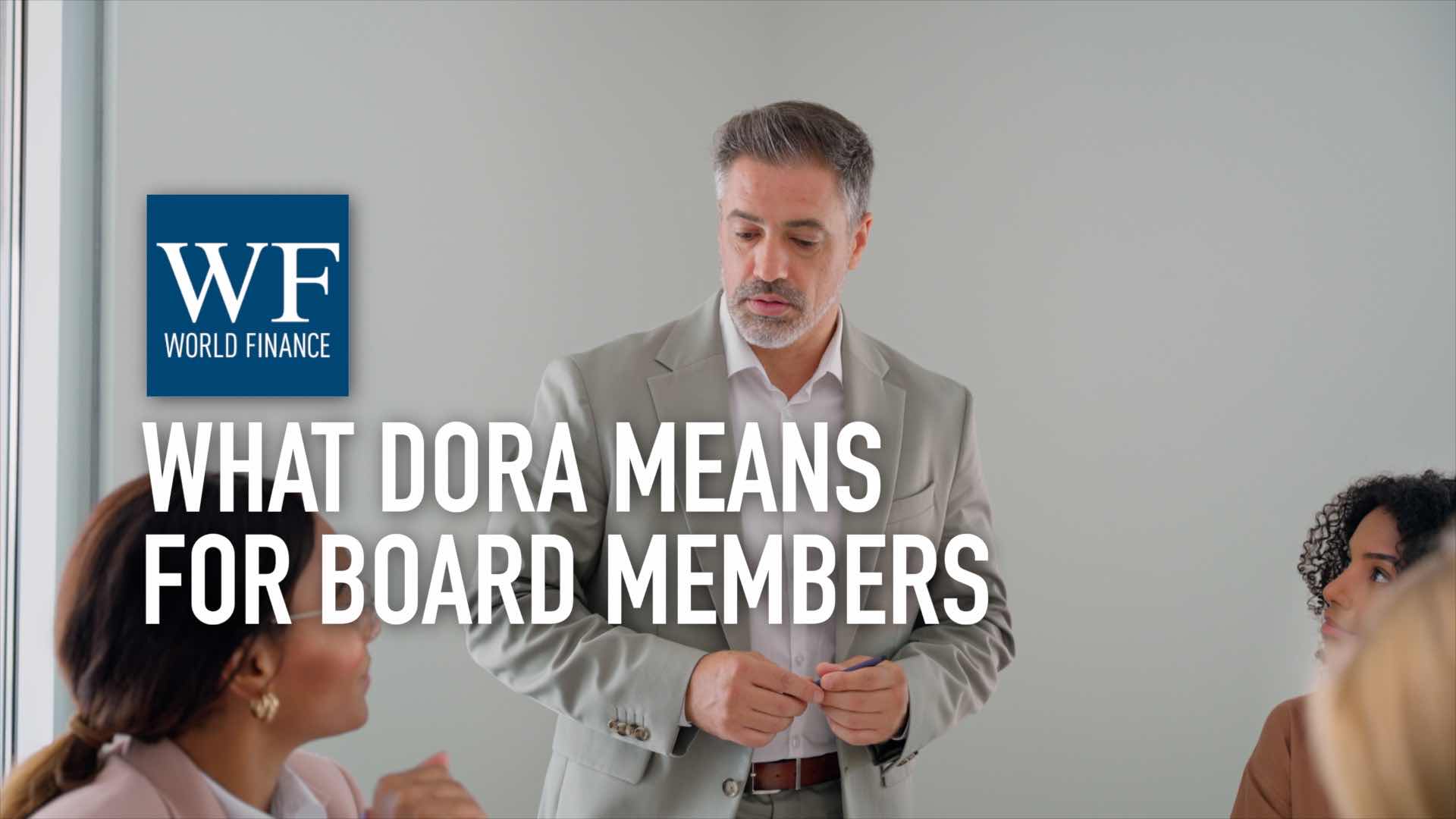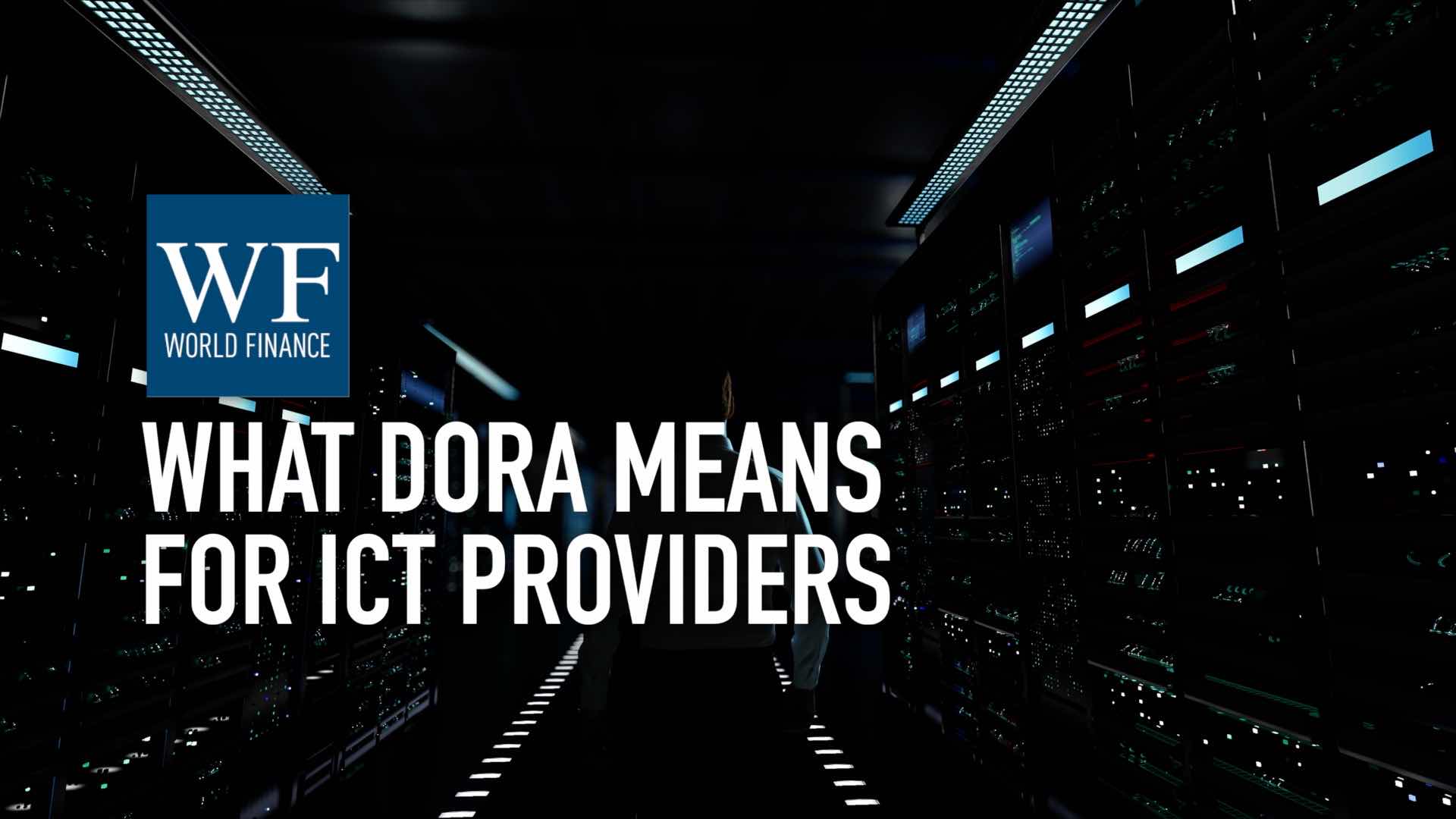Papadopoulos: IMF a formidable weapon of the American government
World Finance speaks to Dr Marcus Papadopoulos to discuss whether Russia's economic outlook is as bleak as it seems
Related:
Transcript
Things are not looking good for Russia after being downgraded to junk level by Standard and Poor’s and with its GDP set to shrink three percent in 2015 – but is it all as bleak as it seems? World Finance speaks to Dr Marcus Papadopoulos, Editor of Politics First, to find out.
World Finance: Well Marcus, Russia is a very strong country, but it has had a battering of late, of course, with the Ukraine crisis and the western sanctions; so what’s the economic situation on the ground today?
Marcus Papadopoulos: Well first of all, the ruble is no longer in freefall. The ruble has now stabilised, and if we look at the Russian economy as a whole, the Russian economy is withstanding the barage of politically motivated western sanctions.
And much of that is to do with President Putin. Because when President Putin came to power in the Kremlin in 2000, he made it very clear that the two key things to do were to: one, pay out Russia’s debt to the IMF, because the IMF is a formidable weapon of the American government; and secondly, President Putin made it very clear, it is absolutely crucial to build up Russia’s oil reserves.
President Putin made it very clear, it is absolutely crucial to build up Russia’s oil reserves
So I think those two factors explain a lot as to why the Russian economy – nearly a year on, nearly approaching a year since the west placed sanctions on Russia – is still maintaining its position in the world, and is withstanding a barage of politically motivated sanctions from Washington and Brussels.
World Finance: There have been lots of murmurings though about a recession; is this likely this year?
Marcus Papadopoulos: At the moment it doesn’t look like that’s going to happen. But of course if the west was to place more sanctions on Russia, then there is the possibility that the Russian economy could go into recession.
Now, let’s not forget: the western economies are not exactly in a very healthy state themselves. So if Russia was to go into recession, then western companies – which are still allowed to trade with Russia – they would be affected. And therefore if they’re going to be affected, their respective economies are going to be affected as well.
So it wouldn’t be good news for the Russian economy to go into recession, because the Russian economy since the late 1990s has become integrated in the global economy.
World Finance: Well the western sanctions put on Russia: are they hitting people at a grassroots level, although mainly targeted at the big businesses and the oligarchs?
Marcus Papadopoulos: At the moment, if you go into Russian supermarkets, into Russian shops, you will see that the food produce is still there in abundance. Certainly some prices have gone up, and that is a concern for the Russian government. But at the moment it’s more big businesses which have been affected.
However: if the west was to place more sanctions, then those big businesses are going to suffer more. And of course, that could start to have a drip effect, whereby it’s going to filter down to ordinary people. But it’s very important to note that the Russian people are withstanding these sanctions, and are fully supportive of their president.
World Finance: I did read recently about ‘vodkanomics,’ to coin a phrase, which said that President Putin’s fix to the economic crisis was capping the cost of vodka and bread to keep people happy. Is this true? And if so, is it working?
Marcus Papadopoulos: There are a lot of misconceptions about Russia, and quite frankly there’s a great deal of ignorance of Russia. If a western commentator, a western journalist, or western politician has made such a comment, then quite frankly it’s absolutely ludicrous.
The Russian government, yes, is facing a very serious challenge in regard to the sanctions. But if anybody in the west is going to argue that all they’re doing in Moscow is putting the price down of vodka and bread to solve the problem, then they’re living in cloud cuckoo land.
Quite frankly, the Russian government is increasing its trades and its investment with its genuine friends in the world: China, India, Brazil, Argentina, South Africa, Vietnam. That’s where the bulk of Russia’s trade and investment is actually going to be in the future.
So that’s how the Russian government is confronting its difficult situation at the moment; along with using its huge amount of gold reserves.
World Finance: So the S&P downgrade: what kind of impact has that had on Russia?
Marcus Papadopoulos: That was a politically motivated act. What the Americans are trying to do is, they’re trying to stifle the Russian economy. They’re trying to prevent all possible oxygen going into the Russian economy, because the S&P downgrade was to say to other countries in the world, ‘Don’t touch Russia with a bargepole.’
There are a lot of misconceptions about Russia, and quite frankly there’s a great deal of ignorance of Russia
Well, certain countries in the world won’t; but then Russia has many friends in the world. Pretty much the whole of Latin America has very, very good bilateral relations with Russia, and very good business relations with Russia. And the same in southeast Asia as well, and the same in parts of Africa.
So those countries will not be put off. Let’s not forget last year, the Chinese were not put off doing further business with Russia, because Moscow and Beijing signed a $400bn contract for the supply of Russian natural gas. So the west can come out with these statements about downgrading Russia’s credit rating; but quite frankly Russia is pushing ahead in the world, and it’s pursuing and integrating its economy with its genuine friends in the world.
World Finance: So what’s Russia’s plan moving forward? Does it have a five year economic plan?
Marcus Papadopoulos: President Putin understands very clearly that there is no going back to the 1990s, when Russia caved in to western demands, and Russia was the recipient of IMF loans.
President Putin understands that Russia has to pursue even closer relations with the emerging economies of the world. So really, that’s why Russia’s economic future lies. Sure; Russia will keep on trading with Europe. It will keep on supplying energy, it will keep on supplying oil, and they will get a good return for that.
But ultimately, the long-term strategy for the Kremlin – and the Kremlin is quite aware of this – is to integrate itself with the emerging economies of the world.

 What the Digital Operational Resilience Act means for board members and CEOs
What the Digital Operational Resilience Act means for board members and CEOs What the Digital Operational Resilience Act means for third party ICT providers
What the Digital Operational Resilience Act means for third party ICT providers
